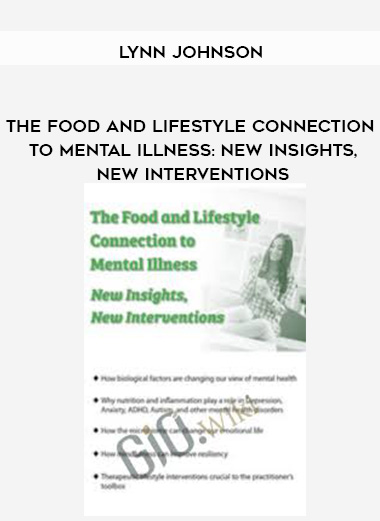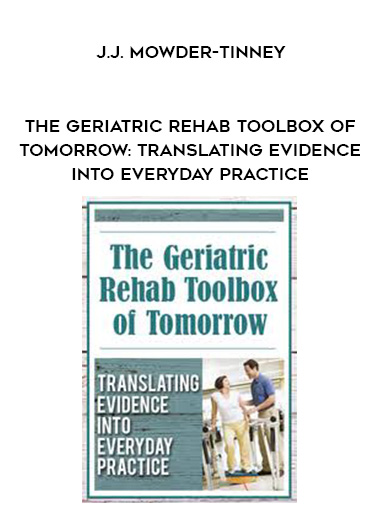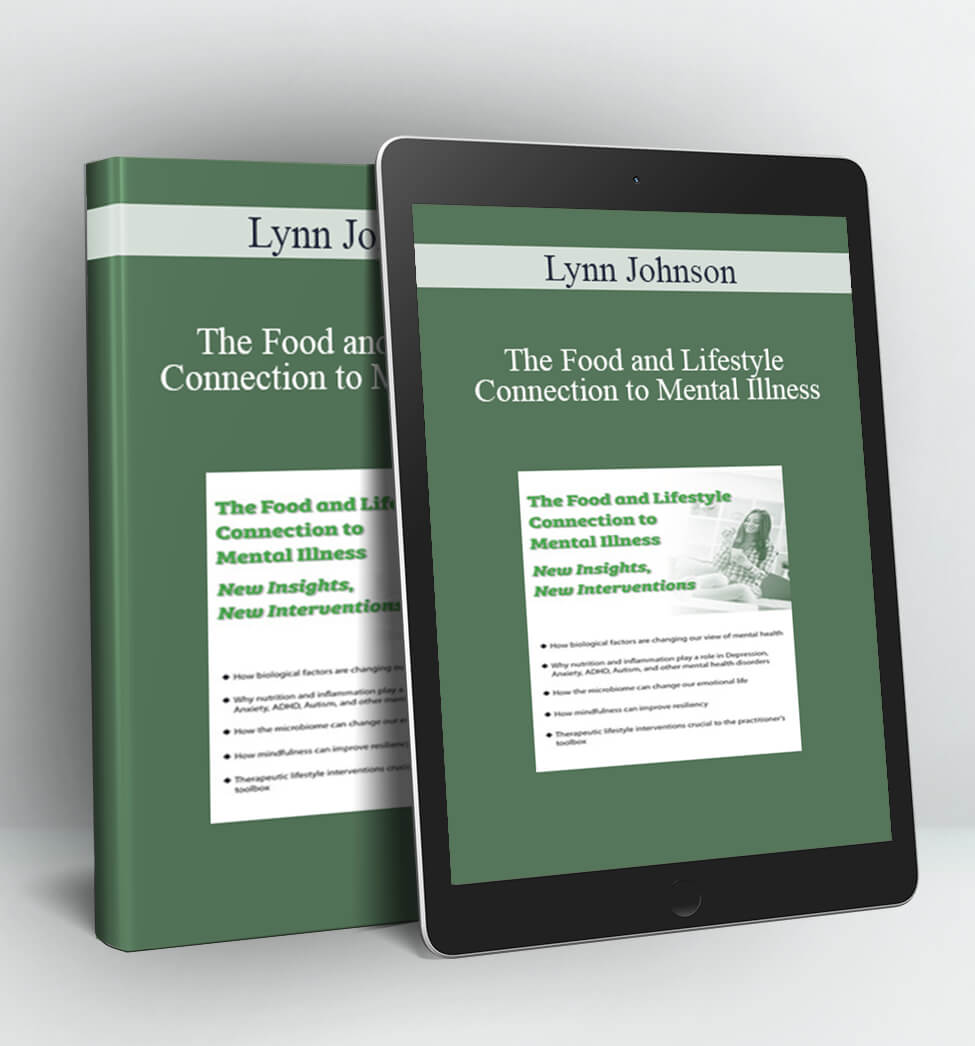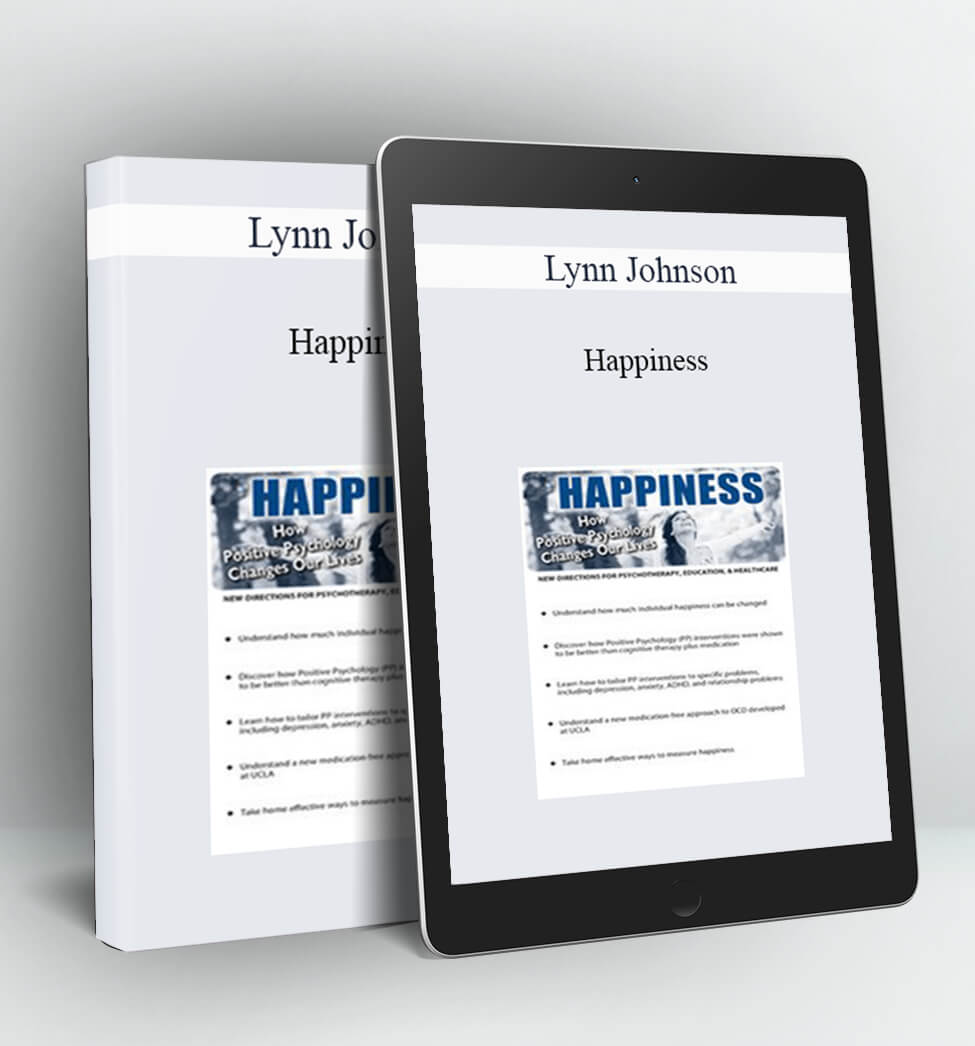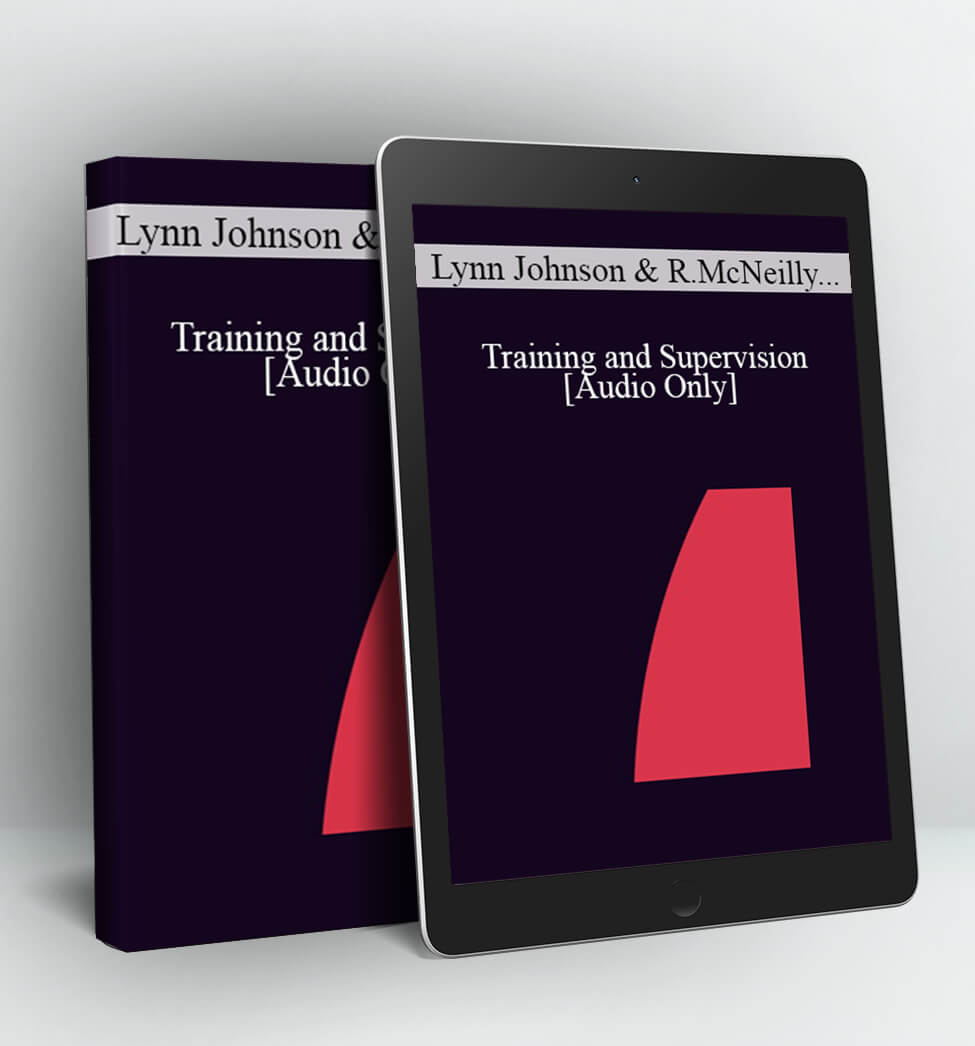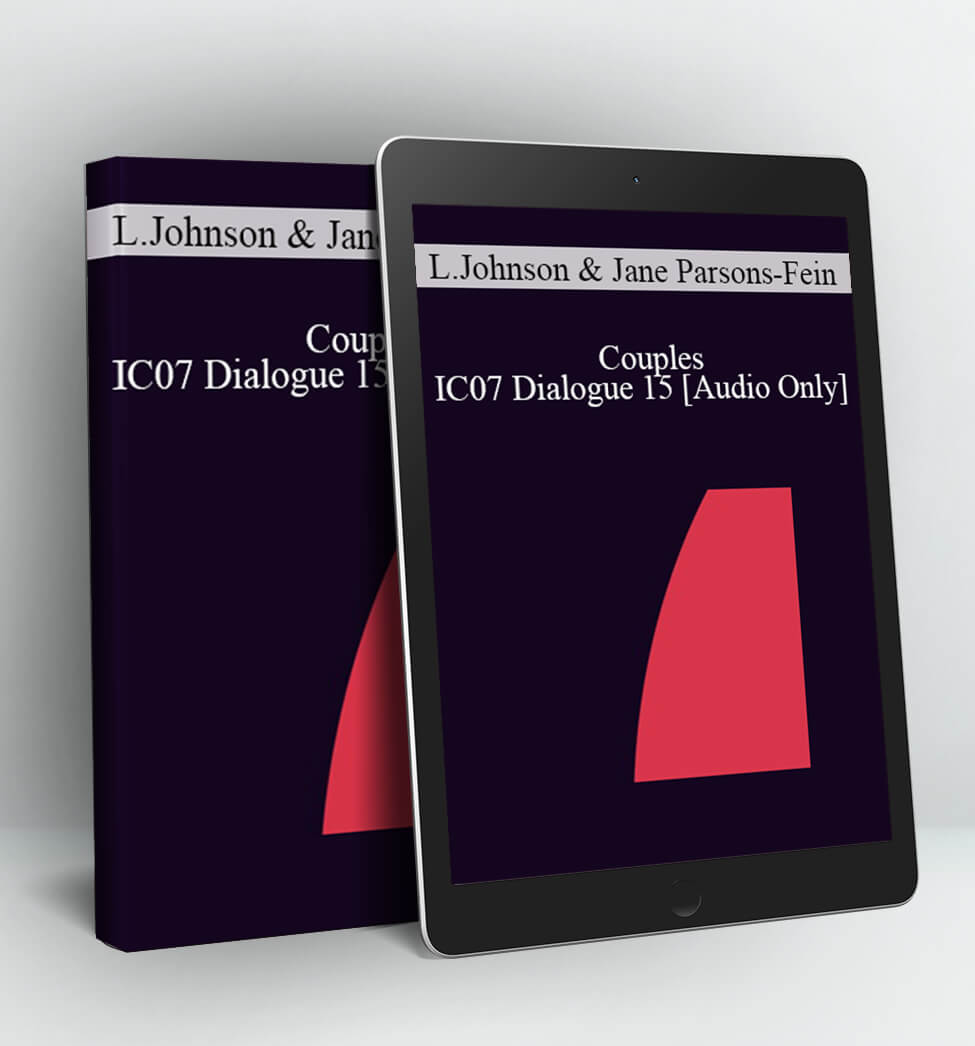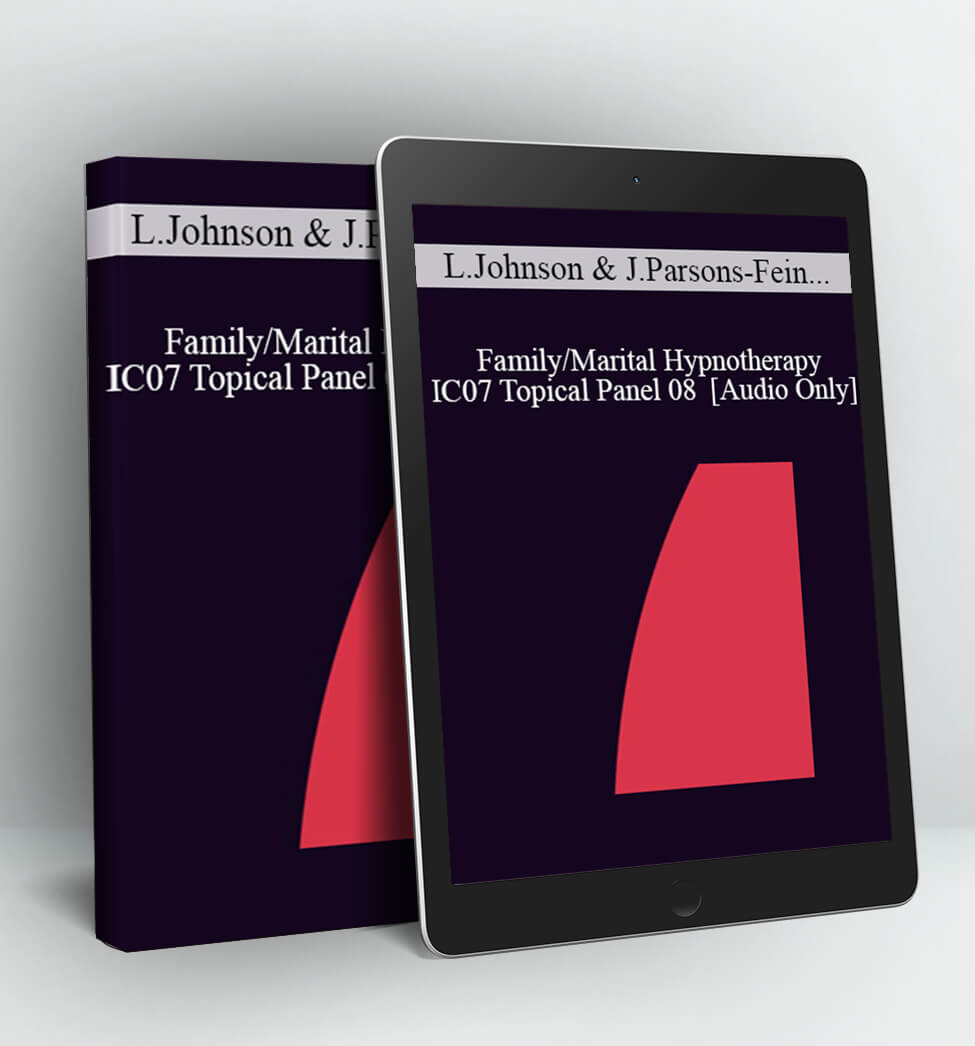THE FOOD AND LIFESTYLE CONNECTION TO MENTAL ILLNESS: NEW INSIGHTS, NEW INTERVENTIONS – LYNN JOHNSON
You may be missing something; and the research proves it!
A new way of looking at mental illness is emerging. Instead of thinking of emotional disorders as a brain disorder, we now know they are body-and-brain. The rising rates of mental illness may be partly explained by society’s shift to fast and convenience foods, and research is showing how much nutrition, and ultimately inflammation, affects our emotional health. The effect is so strong that many researchers now look at depression primarily as an inflammatory illness. Anxiety, ADHD, and autism all show clear evidence that food plays a key role.
This course explains the research behind nutrition and mental health and equips you with the practical tools and interventions to apply immediately to improve the overall health of your client.
- Explain how new research about nutrition is changing our ways of thinking about mental health and human services
- Describe the role that inflammation plays in depression, anxiety, dementia, and other mental health disorders
- Examine how childhood trauma can cause lifelong elevated inflammation
- Identify eating patterns that promote emotional health and reduce inflammation
- Discuss how the microbiome can hurt or help our emotional life
- Conceptualize new interventions from environmental vulnerabilities
ASSESSMENTS
- What is right about psychotherapy
- Where psychotherapy may be failing
- Client status
- Simple ways to improve outcomes
- If-then intentional statements and therapeutic success
INFLAMMATION AND MENTAL HEALTH
- Germs, genes, and grief: inflammation and depression
- The vital role of pro-inflammatory and anti-inflammatory factors in mental health
- Is cleanliness next to craziness?
- Weight, inflammation, and depression
- Childhood trauma and lifetime inflammation risks
- How this information changes diagnosis; what alternatives exist for the DSM-5®
LIFESTYLES OF THE HEALTHY AND HAPPY: THERAPEUTIC LIFESTYLE INTERVENTIONS
- Food as a therapeutic intervention
- Diets that heal: Mediterranean, DASH, and MIND diets
- The quasi-vegetarian diet: It is the optimal eating plan?
- Vegan pros and cons
- What is the microbiome and how can it change your client’s emotional life
- How these diets reduce dementia
- How counselors can appropriately coach eating patterns that support mental health within their
- scope of practice
- How a change of diet actually helps
- Physical activity
- What the research says and what you can actually do
- How mental health professionals can improve the impact of physical activity
- How to get more activity benefit in less time
- Time in nature as a therapeutic intervention
- Social connection as therapy
- Promoting purpose and meaning
- Meditation and inflammation: practical skills for success
- Love as anti-inflammatory and as micro attunements
- How happiness reduces inflammation and promotes healthy lifestyles
COMPLIANCE TECHNIQUES: THE KEY TO SUCCESS
- How can we effectively coach clients towards resiliency?
- Contrast problem talk and change talk
- New tools for self-motivation: If-then intentional planning
- Self-definitions and motivation
- Prediction tasks and adherence
- Family therapy as a compliance tool
Tag: The Food and Lifestyle Connection to Mental Illness: New Insights, New Interventions – Lynn Johnson Review. The Food and Lifestyle Connection to Mental Illness: New Insights, New Interventions – Lynn Johnson download. The Food and Lifestyle Connection to Mental Illness: New Insights, New Interventions – Lynn Johnson discount.

